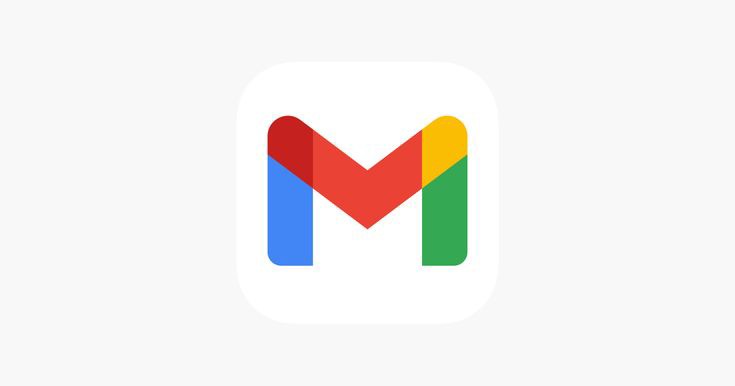Gmail under attack? 7 things you must do to keep your account safe

Gmail security tips to protect your account from hackers and phishing threats
Millions of Gmail users have been placed on high alert following recent reports of cybercriminals targeting unsuspecting individuals through phishing emails, malicious links, and account takeover attempts. Security experts warn that hackers are becoming more sophisticated, often disguising their attacks as legitimate Google notifications or trusted business communications.
In some cases, users have received emails that look like password reset requests, payment confirmations, or even security alerts from Google. Once clicked, these emails redirect victims to fake websites designed to steal login credentials. Cybercriminals can then access personal emails, financial information, sensitive documents, and even linked accounts such as YouTube, Google Drive, and Google Pay.
Why Gmail is a Prime Target
With more than 1.8 billion active users worldwide, Gmail is one of the most widely used email services, making it a lucrative target for hackers. Beyond personal data, compromised Gmail accounts often serve as a gateway to corporate systems, since many professionals use the service for work-related communication.
How Gmail Users Can Stay Safe
-
Enable Two-Factor Authentication (2FA):
Always turn on 2-Step Verification. Even if hackers steal your password, they won’t be able to log in without the secondary code sent to your phone or authentication app. -
Check Suspicious Emails Carefully:
-
Look for small spelling errors in the sender’s address.
-
Hover over links before clicking to see if they redirect to a genuine Google domain.
-
Be wary of urgent messages that pressure you into acting quickly.
-
-
Avoid Public Wi-Fi for Sensitive Logins:
Hackers often exploit unsecured networks to intercept login details. Use a VPN if you must access Gmail on public Wi-Fi. -
Regularly Update Passwords:
Create strong, unique passwords using a mix of letters, numbers, and symbols. Avoid reusing passwords across multiple accounts. -
Review Account Activity:
Gmail allows you to check recent login history. If you notice unfamiliar devices or locations, sign out remotely and change your password immediately. -
Keep Software Updated:
Update your phone, computer, and browser regularly to patch vulnerabilities that hackers could exploit.
-
Use Google’s Security Checkup Tool:
Google provides a built-in Security Checkup feature that guides users through reviewing account security settings, linked devices, and recovery options.
What to Do If You Suspect a Breach
If you believe your Gmail has been compromised:
-
Immediately change your password.
-
Run the Security Checkup tool.
-
Revoke access for suspicious third-party apps.
-
Enable 2FA if it isn’t already active.
-
Inform your contacts not to click any strange emails coming from your account.
Experts stress that cybersecurity threats are unlikely to go away anytime soon. Staying vigilant, being cautious with emails, and applying best security practices can drastically reduce the risk of falling victim to an attack. Gmail’s security infrastructure is robust, but users remain the first line of defense.

